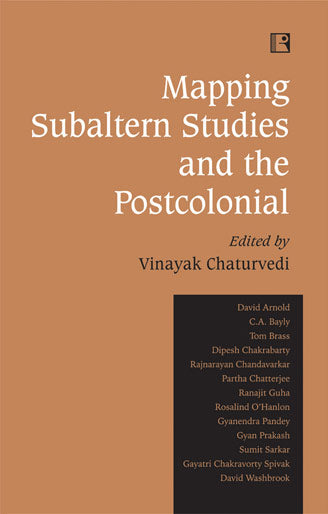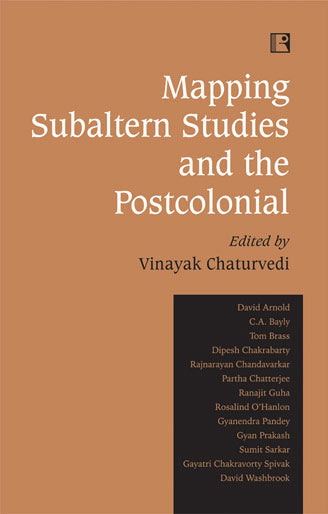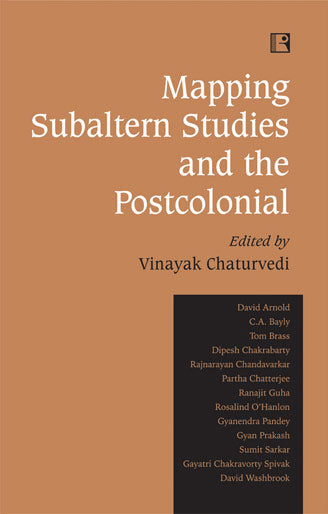Mapping Subaltern Studies and the Postcolonial
Mapping Subaltern Studies and the Postcolonial is backordered and will ship as soon as it is back in stock.
Couldn't load pickup availability
Genuine Products Guarantee
Genuine Products Guarantee
We guarantee 100% genuine products, and if proven otherwise, we will compensate you with 10 times the product's cost.
Delivery and Shipping
Delivery and Shipping
Products are generally ready for dispatch within 1 day and typically reach you in 3 to 5 days.
Book Details
-
Author: Vinayak Chaturvedi
-
Publisher: Rawat Publications
-
Language: English
-
Edition: 2015
-
ISBN: 9788131607466
-
Pages: 384
-
Cover: Paperback
-
Dimensions: 8.7 x 5.7 x 1.1 inches
About the Book
Mapping Subaltern Studies and the Postcolonial by Vinayak Chaturvedi offers a comprehensive exploration of the Subaltern Studies project and its evolution within postcolonial historiography. Drawing inspiration from Antonio Gramsci’s writings on subaltern classes, the project originally aimed to challenge elite nationalist narratives in Indian history by promoting a “history from below” approach.
Over time, Subaltern Studies expanded its theoretical framework by engaging with the ideas of Edward Said, Michel Foucault, Roland Barthes, and Jacques Derrida, bridging the fields of history, postcolonial theory, and cultural studies.
Key highlights of the book include:
-
Ranajit Guha’s manifesto on Subaltern Studies
-
Contributions from Partha Chatterjee, Dipesh Chakrabarty, Gayatri Chakravorty Spivak, and Gyan Prakash
-
Critical debates on Orientalism, subalternity, and postcolonial historiography
-
Analysis of the decline and transformation of the Subaltern Studies approach
This volume serves as both an introduction and a critical assessment of Subaltern Studies, making it essential for students, scholars, and researchers in history, sociology, political science, and postcolonial studies.





